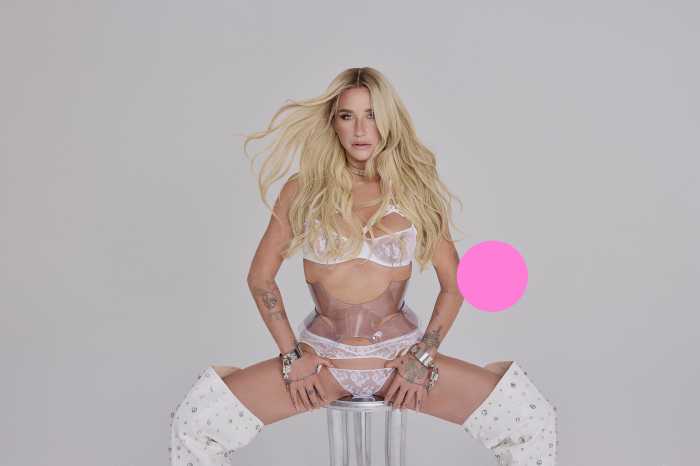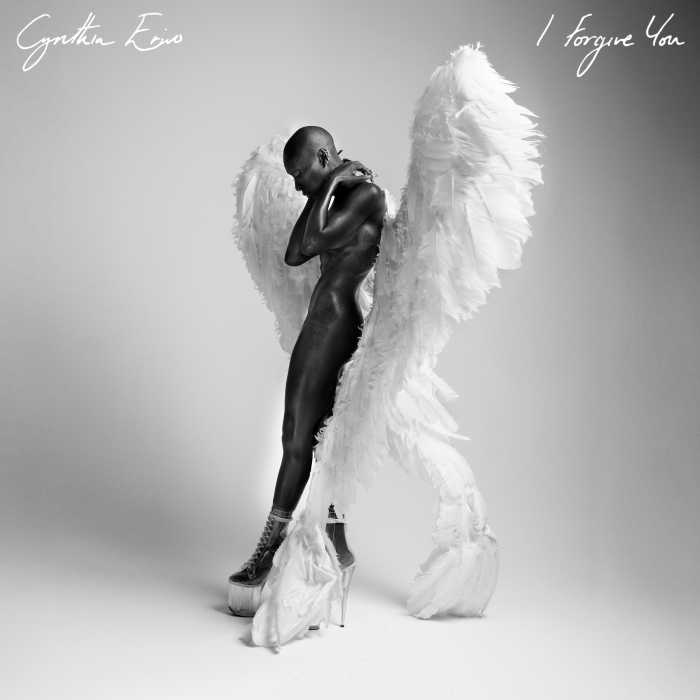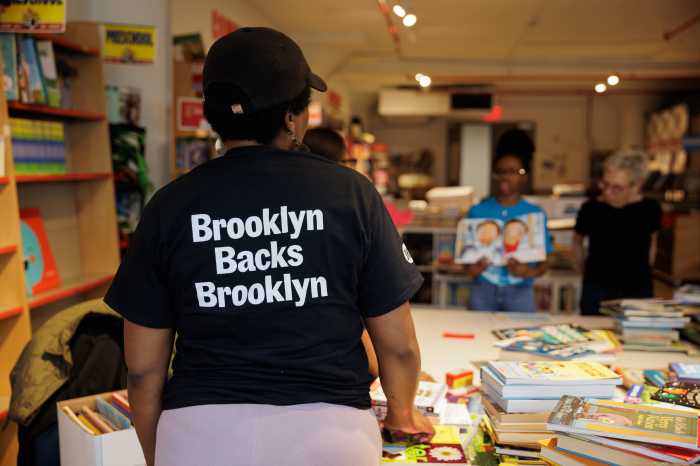Julien Baker can break your heart with just her voice and guitar or piano. Her music is so intimate that listening to it feels voyeuristic. Her third album, “Little Oblivions,” fleshes out the complexities of her life as an out lesbian, Christian and someone who has endured substance use issues. When she took the leap of signing to a large indie label, Matador Records, in 2017 for the release of her second album, “Turn Out the Lights,” the honesty of her songwriting connected with an enthusiastic audience, especially young women. Some fans have gotten tattoos of her face. Phoebe Bridgers, her bandmate in the all-female singer/songwriter supergroup boygenius, recently said that she’s been asked for clues to Baker’s private life.
Indeed, we haven’t heard much from Baker since the 2018 release of boygenius’ ep. (Bridgers and Lucy Dacus, the other two members of the group, are bi and queer, respectively.) She dropped “Tokyo” as part of Sub Pop’s singles of the month club last year. The delay stemmed for positive reasons (a decision to return to college) and negative ones (an alcohol relapse).
On her first two albums, she worked without drums. While her songs sometimes built towards more elaborate arrangements, their core was simple and stripped-down. “Little Oblivions” is bigger in every way. Given her commercial success and higher profile, she obviously had more time and money in the studio this time around. The production is much thicker and louder. She’s blunter about subject matter that she had written about more allusively in the past.
The album’s first single, “Faith Healer,” combines imagery evoking her addiction and the worst aspects of Christianity. Baker begs for deliverance from her state of feeling emotions at full force. Even though she knows she’ll harm herself in the long run, she sings, “I miss it high, how it dulled the terror and the beauty/And now I see everything in startling intensity.” Paradoxically, it’s a deeply passionate song about a cycle that runs from numbness to ecstasy. From a better place in the present, she reminisces, “I’ll believe you if you make me feel something.” Its reflection on the dangers of confusing momentary relief for spiritual transcendence resonates beyond the experiences it describes directly.
When I first heard Baker, she reminded me of several female singer/songwriters who debuted in the ‘90s, such as Tori Amos and Fiona Apple. But her heart-on-sleeve intensity also shows her background in punk and emo, even if the sonics are much different. She’s not interested in concealing messy or contradictory aspects of her life to sound cool.
The production has a swampy quality, turning guitar, keyboards and strings into one seething, turbulent mass. In the past, Baker relied on her voice to convey the intensity of her music, with slowly building arrangements. Here, the production all but drowns her out. It evokes the sensation of being overwhelmed and helpless in the face of one’s problems. Her gift for melody is matched by a flair for dynamics.
Baker’s lyrics are haunted by a cycle of sobriety and relapse and the resulting self-hatred and guilt. She was interviewed in 2018 for a GQ article about musicians who don’t drink or use drugs, but by the time it was published she had started drinking again. Many of her words are addressed to an unnamed partner coping with her flaws. She calls out to Jesus for help on “Ringside.”
The album’s last few songs finally trace a path back to hope. They’re addressed to a “you” who helped Baker through this very difficult period, with lyrics ambiguous enough that she could be referring to her partner, God, or both. The album’s turning point is the jazz-tinged ballad “Song in E. ” The mellowest-sounding song on “Little Oblivions,” it’s also the most emotionally raw, which is saying something. It describes a period of debasing herself while drinking heavily. “Ziptie” closes the album with more religious references, by asking “when you gonna come down off that cross and change your mind.” The overall attitude is best summed up by a quote from an interview with Baker from the website DIY Mag: “With this record, I feel a compassion and understanding for the person that I was.”
Julien Baker | “Little Oblivions” | Matador Records | Feb. 26th
To sign up for the Gay City News email newsletter, visit gaycitynews.com/newsletter.



































